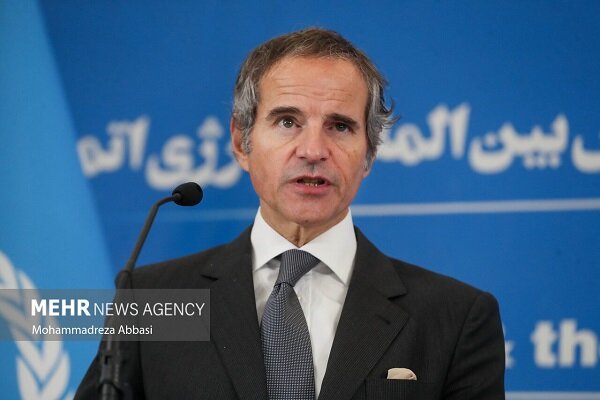Rafael Grossi, who has traveled to New York, explained to reporters when asked about new developments in Iran's nuclear program.
Despite some political claims about Iran for having high levels of enriched uranium reserves, it does not mean that the country has nuclear weapons, the IAEA chief clarified.
“As far as the Agency is concerned - of course, we must be careful when making public comments - we do not have any information or indications that Iran has a nuclear weapons program”, he further said.
Grossi also expressed his satisfaction about Iran’s cooperation with the nuclear watchdog.
Our inspectors in Iran were informed by the Iranian government that all the nuclear sites were closed for security reasons and were re-opened today to continue inspections, but I have decided that our inspectors will resume work from tomorrow, he explained, adding that the recent tensions have not affected the agency's activities.
Grossi also expressed hope that he will go to Tehran within the next few weeks to meet with Iranian officials and discuss cooperation.
The IAEA has on numerous occasion said that cooperation between Iran and the agency is "sustained" and is based on principles of the Non-Proliferation Treaty (NPT) and safeguards agreements.
Two years after the unilateral withdrawal of the United States from the Joint Comprehensive Plan of Action (JCPOA) inked in 2015 and the procrastination of the European parties in fulfilling their obligations under the agreement, Iran took steps based on the deal to reduce its obligations.
Iran scaled back its commitments under the JCPOA in several phases as enshrined in Articles 26 and 36 of the UN-endorsed accord. But the country has always emphasized that the measures taken are reversible and whenever the other parties to the deal fulfill their obligations.
AMK/IRN85445926

























Your Comment